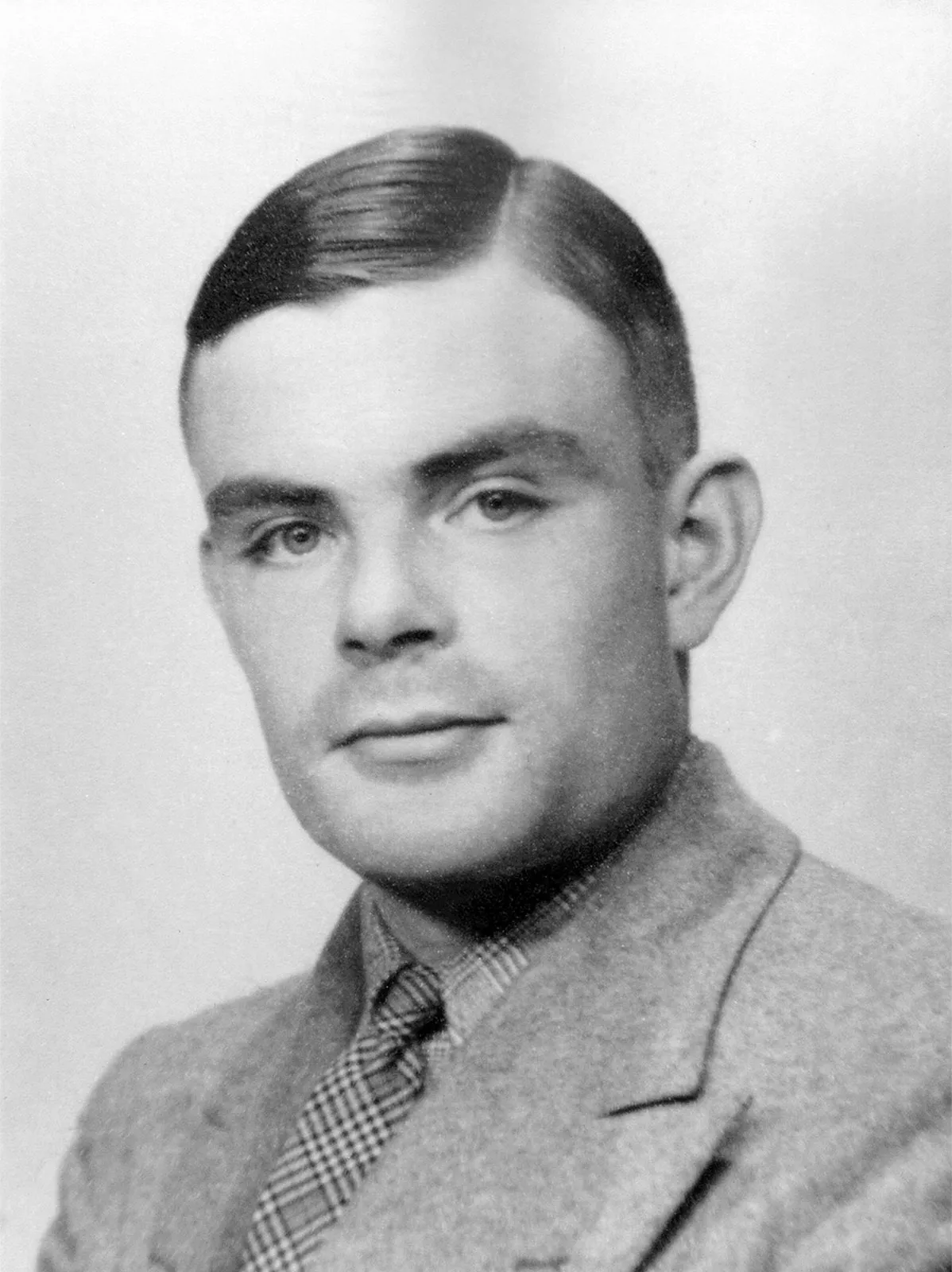“We can only see a short distance ahead, but we can see plenty there that needs to be done.” – Alan Turing

© Fine Art Images—Heritage Images/age fotostock
Alan Turing was born in London, England on June 23, 1912. He was a homosexual British mathematician who made immense contributions to mathematics, and philosophy. He was also a major founder of computer science, cognitive science, and artificial intelligence. In 1939 he took a full-time job at Bletchley Park where he secretly worked to decipher the military codes used by Germany and its allies during World War II. Turing created the Enigma, the first-ever cipher device made using artificial intelligence to encrypt and decrypt messages and communications sent by Germany. Turing’s work was crucial to shortening the length of World War II’s catastrophic events by two to four years.
Despite his incredible advances in modern technology, he was arrested for homosexuality three years after successfully creating the Enigma. Homosexuality was illegal at that time, and he was found guilty of “gross indecency”. To avoid a prison sentence, he agreed to the punishment of chemical castration. This sentence terminated his security clearance and kept him from continuing to work for the Government Communications Headquarters. On June 8, 1954, he was found dead in his home from a supposed suicide by cyanide poisoning.
The death of Alan Turing was a regrettable loss for both the technological and scientific communities as well as the queer community as well. However, in 2013, Turing was given a posthumous royal pardon after bills were submitted to the Parliament and the House of Lords. Later, in 2016, the English Government announced that gay and bisexual men convicted of now-abolished sexual offenses in England and Wales were to receive posthumous pardons under an amendment dubbed the “Turing law”. This was an enormous win for the LGBTQ+ community and would be the beginning of substantial change and humanization toward queer individuals.
Alan Turing’s legacy continues to live on for many people, not only for his incredible mathematic and scientific achievements, but also by the law that would be created in honor of him that would save thousands of gay and bisexual men from mistreatment and dehumanization.


